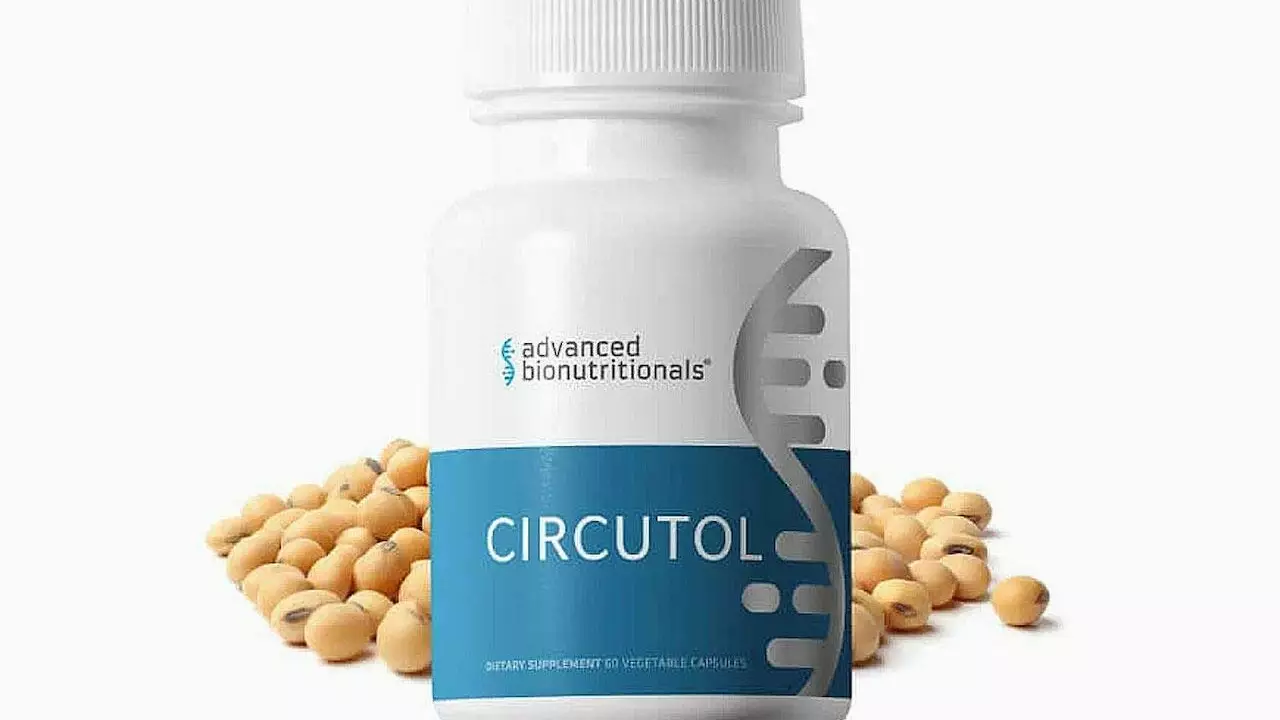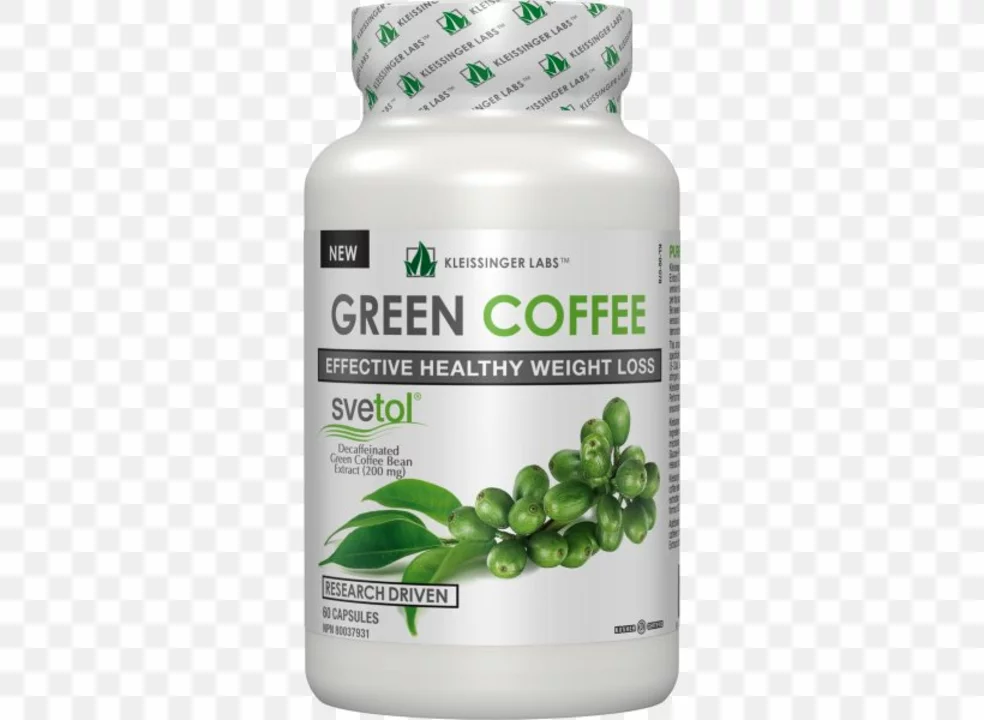Thinking about a dietary supplement? You're not alone. Supplements can help fill gaps in your diet, support recovery, or target a specific issue like joint stiffness or low vitamin D. But not all products are the same, and some can cause harm if you pick the wrong one or mix them with medicines. Here’s a practical, no-nonsense guide to make better choices.
First, ask why you want the supplement. Are you correcting a lab-proven deficiency or trying a new trend? If you don’t have a clear reason, pause. Next, check the label like this: look for a clear list of active ingredients and exact amounts per serving. Avoid vague "proprietary blends" that hide doses.
Prefer products tested by a third party. Look for seals from USP, NSF or ConsumerLab. Those marks don’t guarantee effect, but they do reduce the chance the bottle contains the wrong dose or contaminants. Check the expiration date and the form—some nutrients absorb better in specific forms (for example, methylfolate vs folic acid for some people).
Supplements aren’t regulated the same way drugs are. Companies don’t need FDA approval to sell them in many places. That means quality and label accuracy can vary. Protect yourself by following a few rules: don’t take multiple products with the same active ingredient, avoid mega-doses unless directed by a clinician, and beware of claims that sound too good to be true (cures, rapid weight loss, miracle effects).
Drug interactions matter. St. John’s wort can make some antidepressants and birth control less effective. High-dose vitamin K affects warfarin. Fish oil can thin blood at high doses. If you’re on prescription meds, bring a list to your doctor or pharmacist before starting anything new.
Watch for reactions. If you get rash, stomach upset, new headaches, or unusual bleeding after starting a supplement, stop and check with a clinician. Keep supplements in original packaging so you can show exact ingredients if needed.
Where to buy: stick to reputable pharmacies, major retailers, or well-reviewed online stores. Avoid random marketplaces where bottles lack batch numbers or manufacturer info. If price looks suspiciously low, quality may be too.
Finally, track what you take. A simple note in your phone with product name, dose, and start date helps you and your healthcare team spot problems or measure benefit. Supplements can help—but used wisely and checked against your health history.
Browse this tag for articles on specific supplements, alternatives to medications, and real-world safety tips. If something sounds unclear, ask your clinician—it’s worth the five-minute conversation.

Explore how coca, a powerful dietary supplement, offers numerous health benefits. This article delves into the science behind its effects on the body and provides practical tips for incorporating it into your diet. Discover surprising facts about coca's nutritional profile and the historical uses that highlight its potential. Learn how this supplement can play a role in modern wellness routines, offering a unique blend of traditional wisdom and scientific insight. Whether you're curious about natural supplements or seeking a new nutritional boost, coca might just be your next go-to.

Discover the benefits of Cowslip, a versatile dietary supplement that can enhance your health and happiness. Learn about its origins, health benefits, nutritional content, practical uses, and real-life testimonials. Dive into this article to find out how Cowslip might be the key to transforming your life.

In my latest blog post, we delve into the science behind Canthaxanthin, a dietary supplement that's making waves in health circles. This powerful carotenoid is not only responsible for the pinkish hue in flamingos and salmon but also boasts numerous health benefits for us humans. It's been linked to improved eye health, reduced risk of diseases, and even weight loss. However, it's essential to understand the science behind it and how to use it properly to reap its full benefits. Join me as we explore the transformative power of Canthaxanthin on our health.

As a health enthusiast, I recently discovered Bean Pod, a dietary supplement that has truly changed my life. In my journey to a happier, healthier me, I found out that Bean Pod is packed with essential nutrients and antioxidants. Not only does it promote better digestion and weight management, but it also supports immune health. Plus, it's so easy to incorporate into my daily routine. I genuinely believe that everyone should give Bean Pod a try for a happier, healthier version of themselves!
